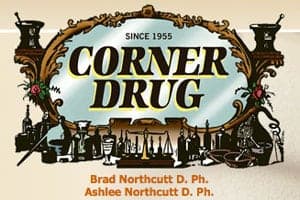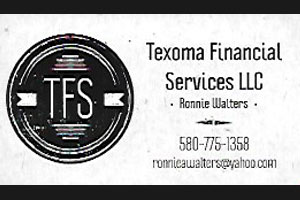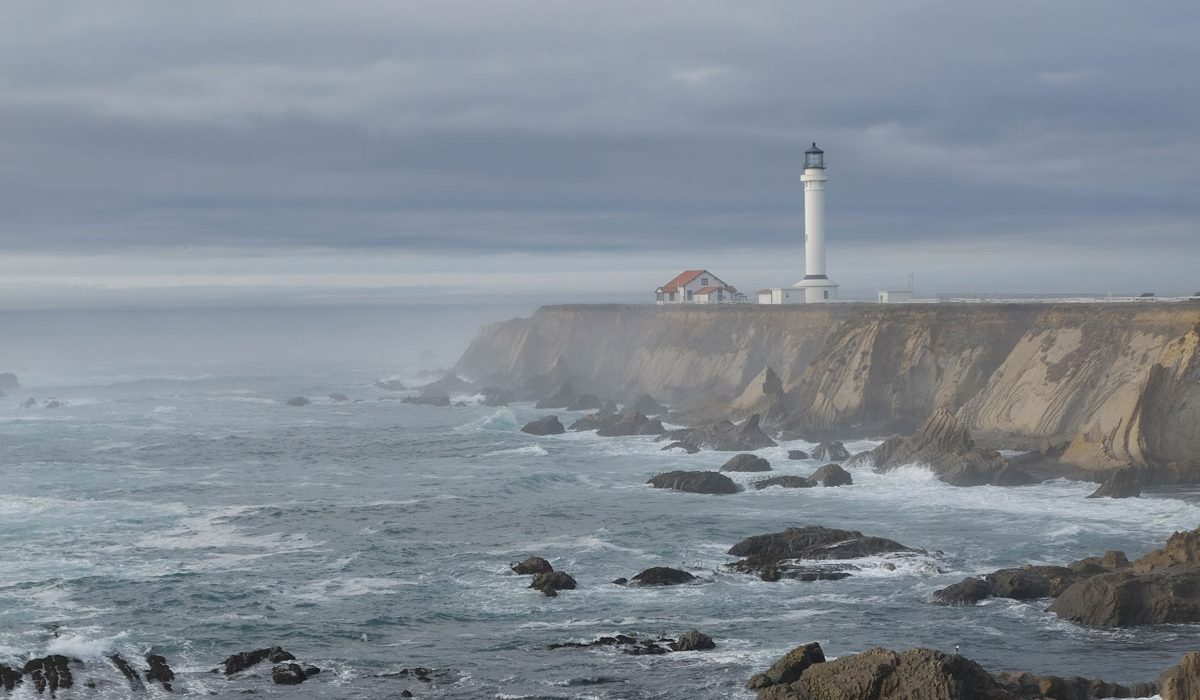By Joey McWilliams
“The next morning, the people I’ve come to know now my niece and nephew and then my brother came to the house. He said that as soon as he saw me he knew. I mean, he’s never questioned it since we found out.
“He didn’t tell his mom he was coming to see me. He didn’t tell his wife, he didn’t tell anyone because he was processing this, too. I mean, it’s difficult. It’s difficult because his parents were married his whole life. So to find out that there’s another child was news to him.
“I think that they knew that their mom and dad had some trouble around that time. I think they almost separated and they ended up staying together.”
Kim said she figured her grandfather knew more than what everyone else did: that she may have been Jernigan’s child. When she was born, she was given her mother’s maiden name. According to her mother, men took care of that sort of thing in Idabel in 1974 and no one really questioned it.
“He and my biological dad, Doug Jernigan, never got along. They were both there at Weyerhaeuser and they fought constantly. Well, now I guess we know why. There’s no father listed on my birth certificate and I have my mom’s maiden name. She says that that was his doing, that she told them who to put and they wouldn’t do it.
“I’m sure he had a clue. It turns out that he had made comments to his wife who is my step-grandmother, over the years, like, ‘Look at her. There’s no way that she’s a Milligan and everyone knows it. I don’t know why no one will talk about that. She’s an Indian kid. Look at her.”
Kim said this must be at least part of where the African-American and Native American traits in her test results would come in. Her biological father’s lineage included the Lumbee Indians from North Carolina. It also includes relatives who were free people of color and goes all the way back to the Lost Colony of Roanoke.
In the present, she was giving her mother time to come to grips with the idea that information was coming out.
“I was on a fact-finding mission. I knew she wouldn’t tell me the truth. I needed time to process what was going on, so I gave her four or five days and I finally messaged her.
“First I said, ‘Well, Ancestry says that we DO know who they are.’
‘Well, honey, I don’t know,’ my mother said. ‘There must be a glitch or something like that. You know there was always a question of whether or not John Milligan (who was my grandpa) WAS my grandpa, whether or not he was really your dad’s dad. There was always speculation about that so I just wonder if maybe…’
‘No, that’s not how any of this works!’ Then I said, ‘You need to call me.’
“I tried calling her and normally anytime I call she’s all about talking to me. And she was talking to someone else. ‘Well, I’m on the phone with so-and-so. Whenever I get off the phone I’ll give you a call back.’ OK. She’s avoiding. So she finally calls me after about 20 minutes and she’s like, ‘What do you want to talk to me about?’
“And I said ‘We’re not doing this. You know what I want to talk to you about. So here’s how this is going to work: either you’re going to tell me everything that I want to know and be completely honest or I’m going to go to one of my nieces who should be my niece and I’m going to ask her for a DNA test.’
‘Well, what is THAT gonna do?’
‘Whenever it comes back that we are not blood-related, you know exactly what that’s gonna do, and then EVERYONE is going to have the information and we don’t control it. So these are your choices.’
Kim waited through a long pause. And then a sigh.
‘Yes, I did date him before you were born,’ her mother said. ‘I hadn’t heard that name in 44 years.’
Her mother related a story of a man who was 30 and she was 18. She hadn’t known he was married at the time because he and his family lived in Clarksville, Texas, and he was driving to work in Valliant. She learned about it one day at work when someone was mad at him and then told her, ‘You know he’s married, right?’
Kim’s mother confronted him and they fought about it. It hadn’t been just a one-time thing – it had been a long relationship.
“I say long, but for an 18-year-old and a married man, I mean six months is a long time. But she said that they hung out, they had friends. They would go do things with friends. They’d go to the lake, they’d go to a movie, he’d hang out over at her house. It was like a real, legit relationship.
“Then whenever she found that out, she ended it, but she said that it was still such a connection. She said, ‘I have to admit, we still saw each other several more times even after that.’ And finally she said, just no. There was consideration of him leaving and staying with her, which for his family I’m glad that he didn’t.
“She said, ‘When you said that name it was like a sucker punch to me and I had to come to terms with that possibility that I’d been wrong all these years.’ Right when she found out it was news to her, but I know how time changes your memory sometimes. You forget about things and things get fuzzy. I think it’s very likely that when she was 18 she probably didn’t know which one it was.
“She stuck with her story. He was married, so she had already started seeing this other reckless and very dangerous, horrible person. She got back together with this who she said was my dad, whenever I was nine. And then they were together until I was about 18. So we had about ten years of him in our home, which from the time I was tiny, that’s who they always told me my dad was. Whenever he moved back in she was so excited that she’d put her daughter’s family back together again, but there is a whole other story there.” 
Kim said that with the way she grew up, a person might think getting this news and the confirmation that it was real would be devastating. It had rocked her world as far as re-establishing everything she thought she knew about herself and her past. But maybe not.
“It was almost like an, ‘Oh, so this is what we’re doing now. That’s cool.’
“I don’t want to say anything bad about (my mother) because she’s had a hard life too, but my aunt was more of a mother to me than she was, even though I still lived at home.”
Not long after she was born, Kim lived with her grandmother (mother’s mother) and her aunt, who was about 14 at the time.
“My aunt and my grandmother were taking care of me and my grandmother was, I think, going to raise me. Then (my grandmother) ended up passing away from complications of a scar tissue surgery removal because she’d had cancer when I was 10 months old.”
For a while, Kim was with her aunt and great-grandfather. Then her grandfather stepped in and had DHS remove her from her mother and put her with a great-aunt, a sister of the grandmother who had passed away.
“When I was about two, my mom had already moved to Durant to go to college. It was close to time for my aunt to graduate from high school there in Valliant and was going to come here and go to college as well. Eventually Mom got married to a guy here so that, well, because at that time if you were married, you had a better chance of getting custody back.
“Since she was showing responsibility in that regard, they went ahead and gave custody of me back to her whenever I was about two. That’s whenever I moved here and I was here with her and my aunt.”
As Kim grew up and got out on her own, things began to change with situations in which she had control.
“There was about a 10-year span where (my mother) was married to someone else and a span where we didn’t speak.
“It’s been rocky. It was almost like once I became a parent, everything was bubble-wrapped. All these things I had to deal with – the chaos, all of it – those were not going to touch my kids. They were going to have a steady, normal, secure lives growing up. Anything that affected that wasn’t going to be allowed in. So if you were doing X, Y, and Z, you will not be a part. You need to make those decisions for yourself. Just know that if these things change, then we’re here.”
Kim’s mother has since divorced that person and is now married to a love from high school and is a part of the lives of Kim and her family.
The man Kim thought of for most of her life as her biological father has since passed.
“That was kind of surreal, being there for that. It’s the whole thing of how do I feel about this loss? Because it’s my dad up there, yet I have no connection. There is the feeling of loss of a father. I think that’s normal. But I didn’t really have any grief over losing who he was. He had a really sad, hard life.”
In the last year, Kim has been adjusting to a different viewpoint about her family, in addition to a new and different family altogether.
But how would that new family adjust to her?
– TO BE CONCLUDED –


